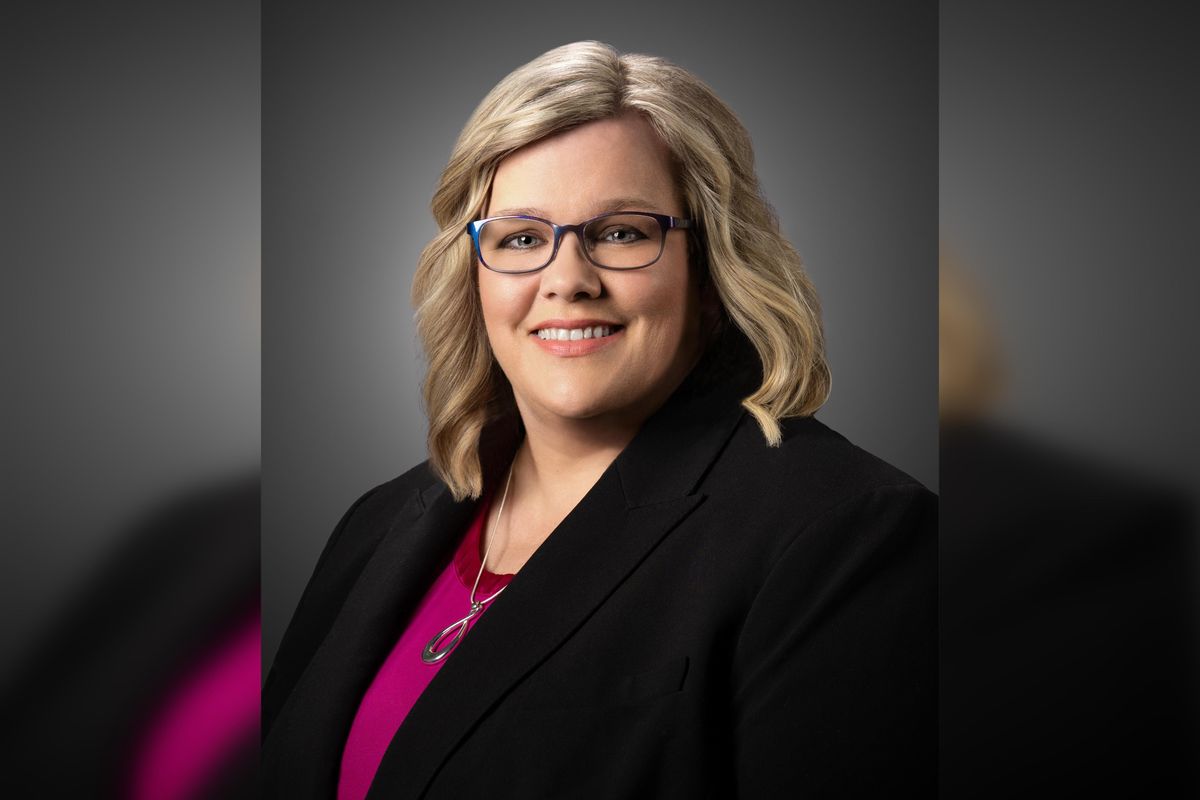Rice University announces partnership with Houston sports tech startup to enhance student athletics
dream team
Rice University — in an effort to enhance athletics and research-driven innovation — has formed a partnership with a startup founded by its alumni.
BeOne Sports, a sports performance technology company developed a platform for mobile motion-capture AI and advanced data analytics, will integrate its technology within Rice's sports medicine and rehabilitation programs.
“This partnership aligns perfectly with Rice University’s mission to harness innovation for the betterment of our community,” Rice President Reginald DesRoches says in a news release. “By integrating cutting-edge technology from BeOne Sports with our already world-class athletic and academic programs, we are providing our student athletes with the tools they need to excel both on the field and in life. This collaboration is a testament to Rice’s commitment to leading through innovation and offering unparalleled opportunities for our students.”
Rice MBA alumni Scott Deans and Jason Bell founded the company alongside former Rice student-athlete James McNaney. BeOne's “Comparative Training” technology uses artificial intelligence and computer vision technology to support elite-level training, per the Rice release.
“BeOne Sports was born from the collaborative environment at Rice, where business leaders and engineers work together to solve real-world problems” Deans, who serves as CEO of BeOne Sports, adds. “We’re thrilled to continue that journey with Rice Athletics as we build the world’s first human recognition models specifically designed for sports performance and beyond. Our mission is to provide cutting-edge technology to maximize potential in the simplest, fastest and most versatile ways possible. This partnership with Rice is an exciting step toward democratizing access to sports technology for athletes and coaches at all levels.”
Tommy McClelland, vice president and director of athletics, says the new technology will allow enhanced athlete monitoring that will contribute to rehabilitation and injury prevention.
“At Rice Athletics, we are always striving to be at the forefront of innovation, and our partnership with BeOne Sports exemplifies that commitment,” he says. “By leveraging their state-of-the-art AI technology and data analytics, we can elevate how we support and develop our athletes — ensuring they are healthier, stronger and better prepared to succeed both athletically and academically. We’re excited about how this collaboration will position Rice as a leader in athlete care and performance.”
Additionally, the partnership will create academic and professional development opportunities for students, faculty, and other Rice community members, something that Rice's Office of Innovation seeks to offer in its continuing dedication to fostering an ecosystem of innovation, says Paul Cherukuri, Rice’s chief innovation officer.
“BeOne Sports exemplifies the innovative spirit we champion at Rice, where entrepreneurship and engineering excellence converge,” he says. “As a startup founded by former Rice MBA students and athletes in collaboration with our computer science engineers, BeOne reflects Rice’s dedication to cultivating talent and driving transformative change. This partnership showcases how our innovation ecosystem is expanding beyond business into athletics, creating new opportunities that benefit both our students and the world at large.”
- Houston innovation leader named to new role to drive strategy, programming ›
- 2 lab-stage Houston startups receive fresh funding from Rice University grant program ›
- Rice University's edtech company receives $90M to lead NSF research hub ›
- Houston innovation hub restructures, pulls in more Rice resources ›
- Rice University named top college in U.S. News' new rankings for 2025 ›
- Rice University harnesses nanotech to revolutionize clean water access - InnovationMap ›
- Rice NRLS student startup competition names 2025 finalists - InnovationMap ›
- Collectiv, Rice launch sports, health, wellness AI accelerator at the Ion - InnovationMap ›

 Kelly Pracht is the CEO and co-founder of nVenue. Photo courtesy of nVenue
Kelly Pracht is the CEO and co-founder of nVenue. Photo courtesy of nVenue